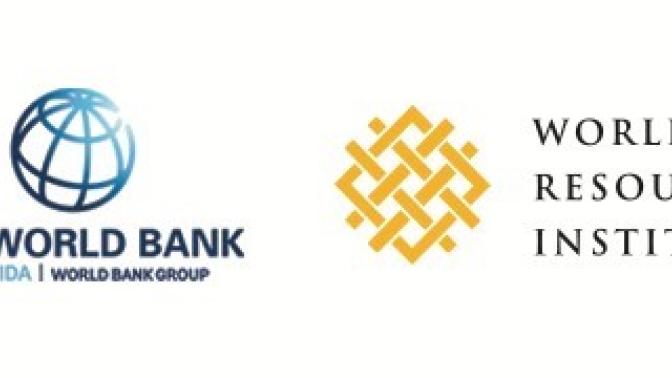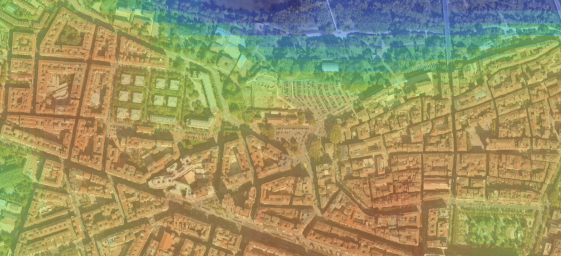This session will introduce the GPSC to national government representatives and vested stakeholders present at COP24, while highlighting the importance of integrated urban planning to deliver sustainable urban development.
Agenda – (90 minute session)
Facilitator:
- Maryke van Staden, Program Manager, Low Carbon City Agenda at ICLEI
Opening remarks:
- Naoko Ishii, CEO and Chairperson for the Global Environment Facility (5 minutes)
Keynote:
- Sergio Bergman, Secretary of Government for Environment and Sustainable Development, Argentina (15 minutes)
Panelists: Presentations and Discussion on integrated urban planning (50 minutes)
- Gino Van Begin, Secretary General, ICLEI-World Secretariat
- Ani Dasgupta, Global Director of WRI Ross Center for Sustainable Cities, WRI
- Andrea Fernandez, Director of Governance & Global Partnerships, C40
- Ede Ijjasz-Vásquez, World Bank Senior Director- Social, Urban, Rural, Resilience Global Practice
- Local government representative, TBC
Q & A / Open Discussion: Open space for discussion with the panelists (15 min)
Wrap up: Conclusions and closing remarks (5 min)
Program Background
The Global Platform for Sustainable Cities (GPSC) is a collaborative knowledge platform for cities, networks and institutions to advance the urban sustainability agenda by promoting a common approach to integrated urban planning. The platform brings together participating cities and a wide range of entities working on urban sustainability issues while providing knowledge sharing. Funded by the Global Environment Facility (GEF), the GPSC works with practitioners and thought leaders from around the world to develop solutions for sustainable urban growth.
The GPSC designated a Resource Team (RT) consisting of C40, ICLEI and, WRI to support the capacity building component of the program. The RT provides high- level technical assistance to GPSC cities in their efforts to undertake: strategic approach to sustainability, integrated planning and local climate action, and/or specific sectoral technical issues related to child project implementation.
Session Brief
Local governments face ever more complex urban development challenges; decisions about how these challenges are met can lock a given city into a long-term physical form that proves suboptimal over time. Planning for the short-term, medium-term, and long-term, with an integrated, multi-sectoral approach is essential when intervening in the urban system. Doing so is efficient, can ensure co- creation of plans and result cross-sectoral co-benefits.
Integrated urban planning considers interrelationships among housing, transportation, economic development, education, environmental sustainability and other policy areas including climate change (UN Habitat, 2016). This comprehensive planning must be strategic and consider the local context, needs and challenges while responding to the roles and mandates of all levels of government to enable action. National ministries and departments with their respective sectoral or thematic functions, as well as regional and local governments need to cooperate, to align strategies, communication and processes for collective coordinated efforts (GIZ et al. 2017).
Cities have an important role to play in deepening the ambition of global climate targets and have unique influence over policy levers such as urban planning and public transportation – that make them critical actors in reducing GHG emissions, avoiding further carbon lock-in, and decreasing the cost of future abatement (C40 Cities 2013; Blok et al. 2012; Seto et al. 2013; GEA 2012).
Although few subnational governments have set commitments that align with the 1.5-degree target, far more have made commitments more ambitious than their respective NDC. Achieving the 1.5-degree target requires the right combination of capacities, financial resources and data, supported by a strong enabling environment to boost action, through multilevel governance, more ambitious climate targets and vertically linked actions.
Achieving these climate targets will require an integrated approach to urban planning that includes vertical and horizontal governance.
Proposed Guiding questions for discussion:
- (Opening remarks): How is the GEF elevating the role of cities in the international sustainable development discourse? [Naoko]
- What is the value of ambitious target setting for climate action and how does it facilitate integrated planning [Gino]
- How are transportation and urban planning integration playing out in cities in which WRI is involved? Examples of integration and challenges. [Ani]
- How do platforms like the GPSC help spread examples and good practice on integrated planning and low-carbon development? [Andrea]
- What are some lessons learned from the World Bank on projects that have applied an integrated approach on land and transportation and leading the GPSC platform? [Ede]







